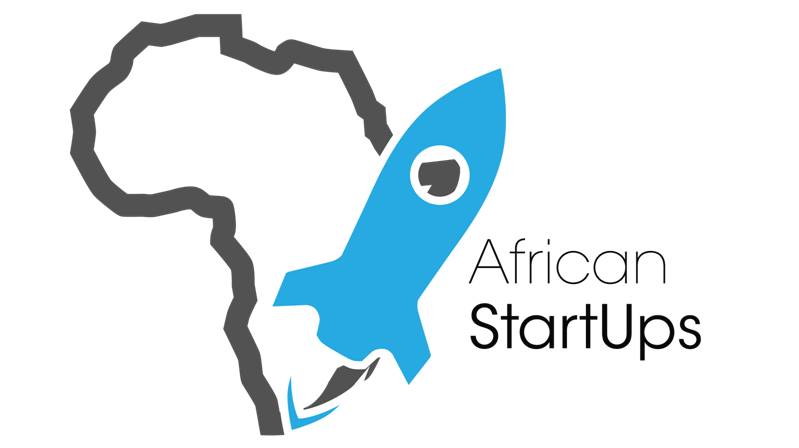In a remarkable shift in the startup investment landscape, 2023 marked the year when African investors took the lead in funding the continent’s burgeoning startup ecosystem.
According to data from Africa: The Big Deal, local investors accounted for 35 percent of all investors in deals exceeding $100,000, surpassing their North American counterparts who previously dominated this space.
This surge in local investment comes at a time when foreign investment has seen a significant decline. The data reveals a 47 percent year-on-year decrease in North American investors’ activity in Africa. Despite global economic challenges, African investors’ commitment signals a robust confidence in the region’s potential.
Read also: Nigeria leads Africa in tech startups
Navigating Economic Headwinds
The economic landscape has been far from smooth, with factors such as currency devaluation and inflation posing challenges. However, local investors have remained steadfast, demonstrating a belief in the long-term viability of African startups.
While overall funding experienced a dip to $2.9 billion in 2023, down from $4.85 billion the previous year, the first two months of 2024 have already seen startups raise $123 million. This suggests a cautious but steady recovery, with projections indicating a normalization to $3.2 billion in total funding for the year.
The Strategic Shift to Local Empowerment
The data underscores a strategic pivot towards local empowerment, with African investors now playing a pivotal role in shaping the future of the continent’s innovation landscape. This trend is not only a testament to the growing financial capabilities within Africa but also reflects a broader movement towards self-reliance and sustainable growth.
While African investors lead the charge, the global investment community remains an integral part of the ecosystem. North American, European, Asian, and Middle Eastern investors continue to contribute, albeit at a reduced rate, highlighting the diverse and interconnected nature of startup financing.
The Road Ahead for African Startups
As we look to the future, the resilience and entrepreneurial spirit of African startups, coupled with the increasing support from local investors, paint a promising picture for the continent’s economic trajectory. The shift towards local investment leadership could herald a new chapter in Africa’s journey towards becoming a global innovation hub.
The year 2023 may well be remembered as a turning point in Africa’s startup ecosystem. With local investors now at the forefront, the stage is set for a new era of growth and innovation. As the continent navigates the complexities of the global market, the steadfast support of its own investors will undoubtedly be a key factor in its success.
Challenges of African startups
African startups face a myriad of challenges that can impede their growth and success. Access to capital remains a significant hurdle for African startups. While early-stage funding has seen growth, later-stage financing is still limited, making it difficult for startups to scale and succeed long-term.
Africa’s diverse landscape of 54 countries presents a fragmented market with varying regulations, languages, and cultural nuances, complicating expansion efforts. Inadequate infrastructure, particularly in data communications, can also hinder startups’ operations and their ability to reach customers effectively.
Complex and inconsistent regulations across different African countries also create an unpredictable business environment, making it tough for startups to navigate legal complexities. In addition, there’s a scarcity of skilled talent in the tech sector, which can limit startups’ capacity to innovate and grow.
Startups often face stiff competition from large business groups or state monopolies, especially in sectors like financial services, retail, and energy. Also, most funding for African startups comes from foreign investors, which can lead to a mismatch in expectations and a lack of local mentorship and networks. Issues like currency devaluation and inflation can erode investor confidence and affect startups’ financial planning and pricing strategies.
Addressing these challenges requires strategic policies, increased support for local investors, and a concerted effort to build a more robust startup ecosystem that can thrive despite these obstacles.
















